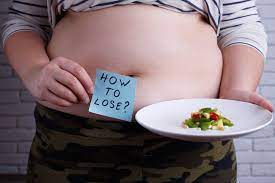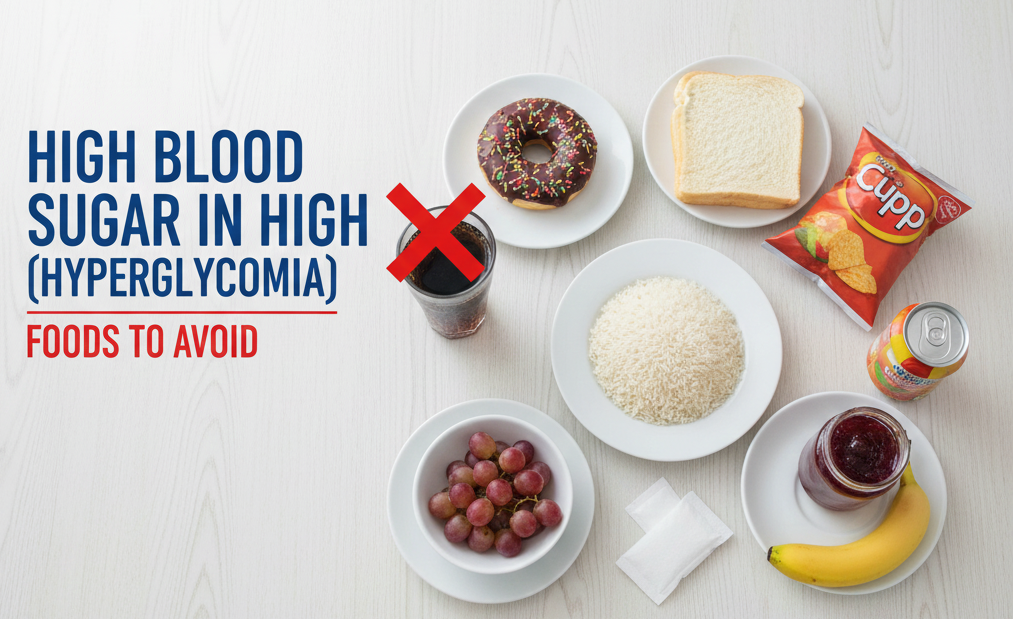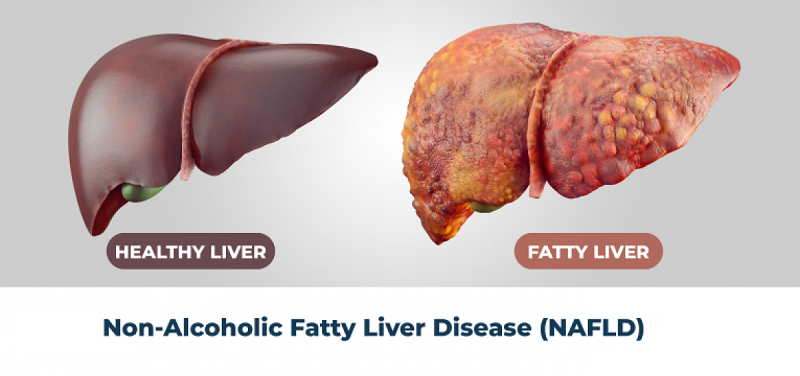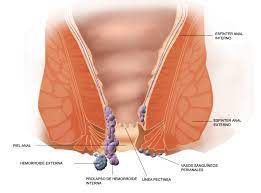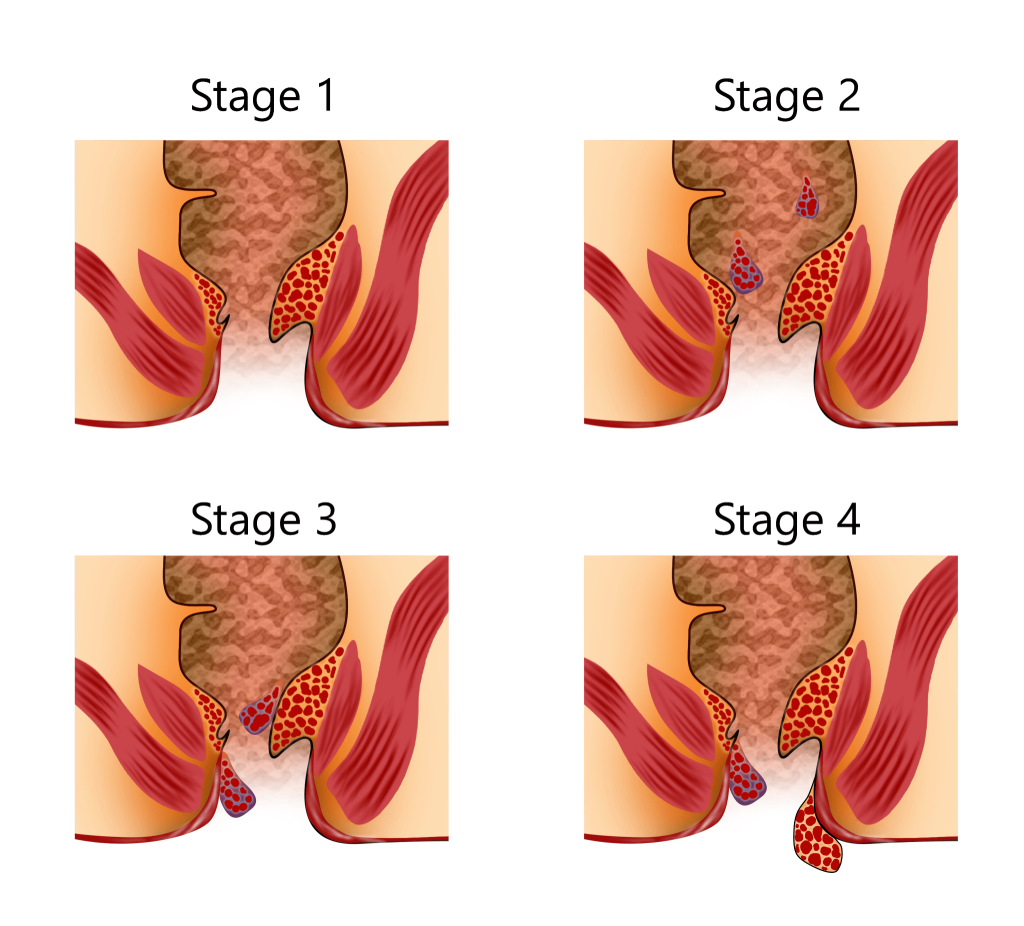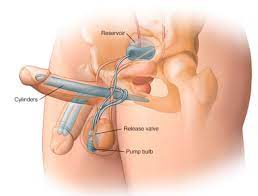How to lose weight
Losing weight is a combination of maintaining a calorie deficit and adopting a balanced, nutritious diet. Here are some foods and dietary guidelines that can help you on your weight loss journey:
1. **Lean Proteins:** Incorporate lean sources of protein into your meals. These include chicken breast, turkey, lean beef, fish, tofu, and legumes like lentils and beans. Protein helps you feel full and preserves lean muscle mass.
2. **Vegetables:** Load up on non-starchy vegetables like broccoli, spinach, kale, peppers, and cauliflower. They are low in calories but rich in vitamins, minerals, and fiber, which aids in satiety.
3. **Fruits:** While fruits contain natural sugars, they are also packed with fiber and essential nutrients. Opt for whole fruits like apples, berries, and citrus fruits in moderation.
4. **Whole Grains:** Choose whole grains over refined grains. Options like oats, quinoa, brown rice, and whole wheat bread are higher in fiber, which can help control hunger.
5. **Healthy Fats:** Include sources of healthy fats like avocados, nuts, seeds, and olive oil. These fats are satiating and provide essential nutrients.
6. **Low-Fat Dairy:** If you consume dairy, opt for low-fat or fat-free options like Greek yogurt or skim milk. They provide calcium and protein without excess saturated fat.
7. **Portion Control:** Pay attention to portion sizes. Even healthy foods can lead to weight gain if consumed in large quantities.
8. **Hydration:** Drink plenty of water throughout the day. Sometimes, thirst can be mistaken for hunger.
9. **Limit Sugary and Processed Foods:** Minimize your intake of sugary beverages, candies, baked goods, and heavily processed foods. They are often high in empty calories.
10. **Snack Wisely:** If you need snacks, choose healthy options like a handful of nuts, a piece of fruit, or Greek yogurt.
11. **Meal Planning:** Plan your meals and snacks in advance to avoid impulsive, unhealthy choices.
12. **Regular Eating Schedule:** Try to eat at regular intervals throughout the day to maintain stable blood sugar levels and prevent excessive hunger.
13. **Moderation:** It's okay to enjoy treats occasionally, but practice moderation and portion control when indulging.
14. **Exercise:** Incorporate regular physical activity into your routine. It complements your dietary efforts and helps burn calories.
15. **Consult a Professional:** If you have specific dietary needs or health conditions, consider consulting a registered dietitian or healthcare provider for personalized guidance.
Remember that weight loss is a gradual process, and what works best can vary from person to person. It's important to adopt a sustainable, long-term approach to eating and lifestyle changes rather than relying on extreme diets or quick fixes. Patience and consistency are key to achieving and maintaining a healthy weight.
